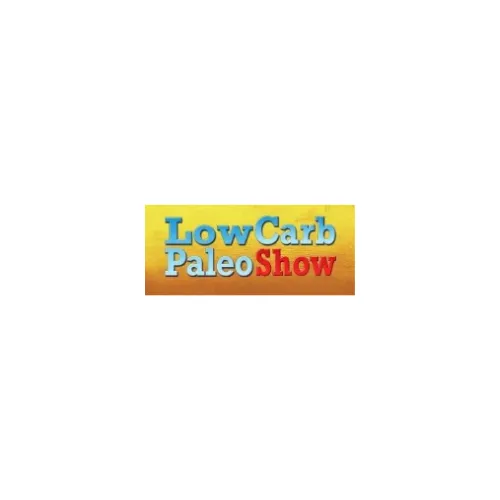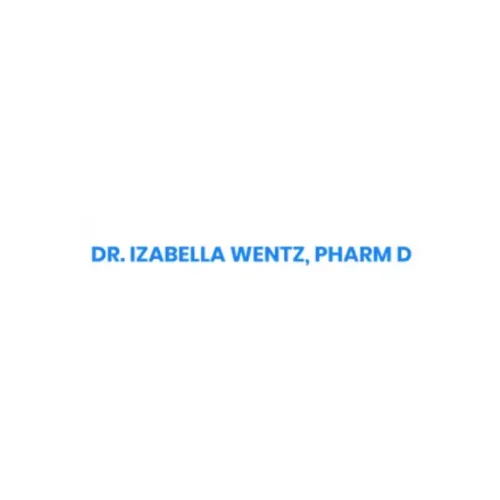
ARE YOU TIRED OF CHRONIC DIGESTIVE SYMPTOMS?
I’m Dr. Inna Melamed (formerly Lukyanovsky), PharmD Functional Medicine Practitioner, Gut Health Expert, Doctor of Pharmacy and Best Selling Author of “Crohn’s and Colitis Fix” and “Digestive Reset”. I can help you get rid of fatigue, heartburn, dysbiosis, abdominal pain, indigestion, constipation, hormone imbalance so you can have a great quality of life.
ARE YOU TIRED OF CHRONIC DIGESTIVE SYMPTOMS?

I’m Dr. Inna Melamed (formerly Lukyanovsky), PharmD Functional Medicine Practitioner, Gut Health Expert, Doctor of Pharmacy and Best Selling Author of “Crohn’s and Colitis Fix” and “Digestive Reset”. I can help you get rid of fatigue, heartburn, dysbiosis, abdominal pain, indigestion, constipation, hormone imbalance so you can have a great quality of life.
Reset Your Digestive Health Today
My Story
About Me
I’m Dr. Inna Melamed (previously Lukyanovsky), PharmD, a doctor of pharmacy, a best-selling author, functional medicine practitioner, gut and hormone expert, a creator of digestive solutions for Crohn’s/colitis, and a mom of three boys. While working with clients locally and nationally, my practice is focused on helping people reset their digestion, balance hormones, reduce inflammatory symptoms, get more energy, and restore their immune systems. I live with my family in Manalapan, New Jersey.
Reset Your Digestive Health Today
My Story
About Me
I’m Dr. Inna Melamed (previously Lukyanovsky), PharmD, a doctor of pharmacy, a best-selling author, functional medicine practitioner, gut and hormone expert, a creator of digestive solutions for Crohn’s/colitis, and a mom of three boys. While working with clients locally and nationally, my practice is focused on helping people reset their digestion, balance hormones, reduce inflammatory symptoms, get more energy, and restore their immune systems. I live with my family in Manalapan, New Jersey.
Chronic IBD Patients Often Struggle For Years To Find Relief.
There’s a different route.
This book reveals all the answers I discovered as a Crohn’s patient and Doctor of Pharmacy through years of working with Crohn’s and colitis clients who wanted a more holistic emphasis on their IBD treatment. My functional medicine approach to Crohn’s took me to full remission.

How to address your condition’s root causes instead of just patching your symptoms
How to plan a stepwise approach to your healing and stop your fatigue with adrenal support, liver support, and my signature IBD FREE program
How to start seeing food as your friend again by crafting an anti-inflammatory diet that works for you
How to stop feeling like an IBD victim and start re-training yourself to live a fun, fulfilled life.
Chronic IBD Patients Often Struggle For Years To Find Relief.
There’s a different route.
This book reveals all the answers I discovered as a Crohn’s patient and Doctor of Pharmacy through years of working with Crohn’s and colitis clients who wanted a more holistic emphasis on their IBD treatment. My functional medicine approach to Crohn’s took me to full remission.

How to address your condition’s root causes instead of just patching your symptoms
How to plan a stepwise approach to your healing and stop your fatigue with adrenal support, liver support, and my signature IBD FREE program
How to start seeing food as your friend again by crafting an anti-inflammatory diet that works for you
How to stop feeling like an IBD victim and start re-training yourself to live a fun, fulfilled life.
As Seen On
As Seen On
Healing Your Gut May Be The Beginning Of Doing Bigger And Better Things In Your Life.
Healing your gut may be the beginning of doing bigger and better things in your life.
Healing your gut will mean more time with your kids.
Healing your gut will mean being able to go out without looking for a bathroom.
Healing your gut will mean being able to work more and be more productive.
Healing your gut will mean more sexy time with your partner.
Healing your gut will mean more energy for you!
Healing Your Gut May Be The Beginning Of Doing Bigger And Better Things In Your Life.
Healing your gut may be the beginning of doing bigger and better things in your life.
Healing your gut will mean more time with your kids.
Healing your gut will mean being able to go out without looking for a bathroom.
Healing your gut will mean being able to work more and be more productive.
Healing your gut will mean more sexy time with your partner.
Healing your gut will mean more energy for you!
What My Clients Are Saying
Anyone deciding to work with Dr. Inna will get best of care.

I have Crohn's disease and have been working with Dr. Inna since she started her practice. Her wealth of knowledge, guidance and genuine caring for her patients have been invaluable to me and my ability to stay in remission. Anyone deciding to work with Dr. Inna will get best of care.
- Polina B
Dr. Inna changed my life!

Dr. Inna Lukyanovsky changed my life. I am so thankful for her brilliance and compassion. Dr. Lukyanovsky is a gem among functional medicine practitioners and I recommend her expertise and guidance without hesitation.
- Stephanie
At 75 I feel stronger and more powerful!

Following Dr Inna's many protocols over the past 6 years, at 75 I feel stronger and more powerful! I've eliminated gluten and dairy and was able to greatly increase my levels of testosterone naturally. Thanks Dr. Inna for helping me live and love and feel the thrill of life everyday.
- George G
What My Clients Are Saying
Anyone deciding to work with Dr. Inna will get best of care.

I have Crohn's disease and have been working with Dr. Inna since she started her practice. Her wealth of knowledge, guidance and genuine caring for her patients have been invaluable to me and my ability to stay in remission. Anyone deciding to work with Dr. Inna will get best of care.
- Polina B
Dr. Inna changed my life!

Dr. Inna Lukyanovsky changed my life. I am so thankful for her brilliance and compassion. Dr. Lukyanovsky is a gem among functional medicine practitioners and I recommend her expertise and guidance without hesitation.
- Stephanie
At 75 I feel stronger and more powerful!

Following Dr Inna's many protocols over the past 6 years, at 75 I feel stronger and more powerful! I've eliminated gluten and dairy and was able to greatly increase my levels of testosterone naturally. Thanks Dr. Inna for helping me live and love and feel the thrill of life everyday.
- George G
Call (732) 414-6223
Email: [email protected]
Business Hours:
Monday & Wednesday: 11a-7p
Tuesday & Friday: 11a-3p
Thursday: 11a-5p
Content, including images, displayed on this website is protected by copyright laws. Downloading, republication, retransmission or reproduction of content on this website is strictly prohibited.







